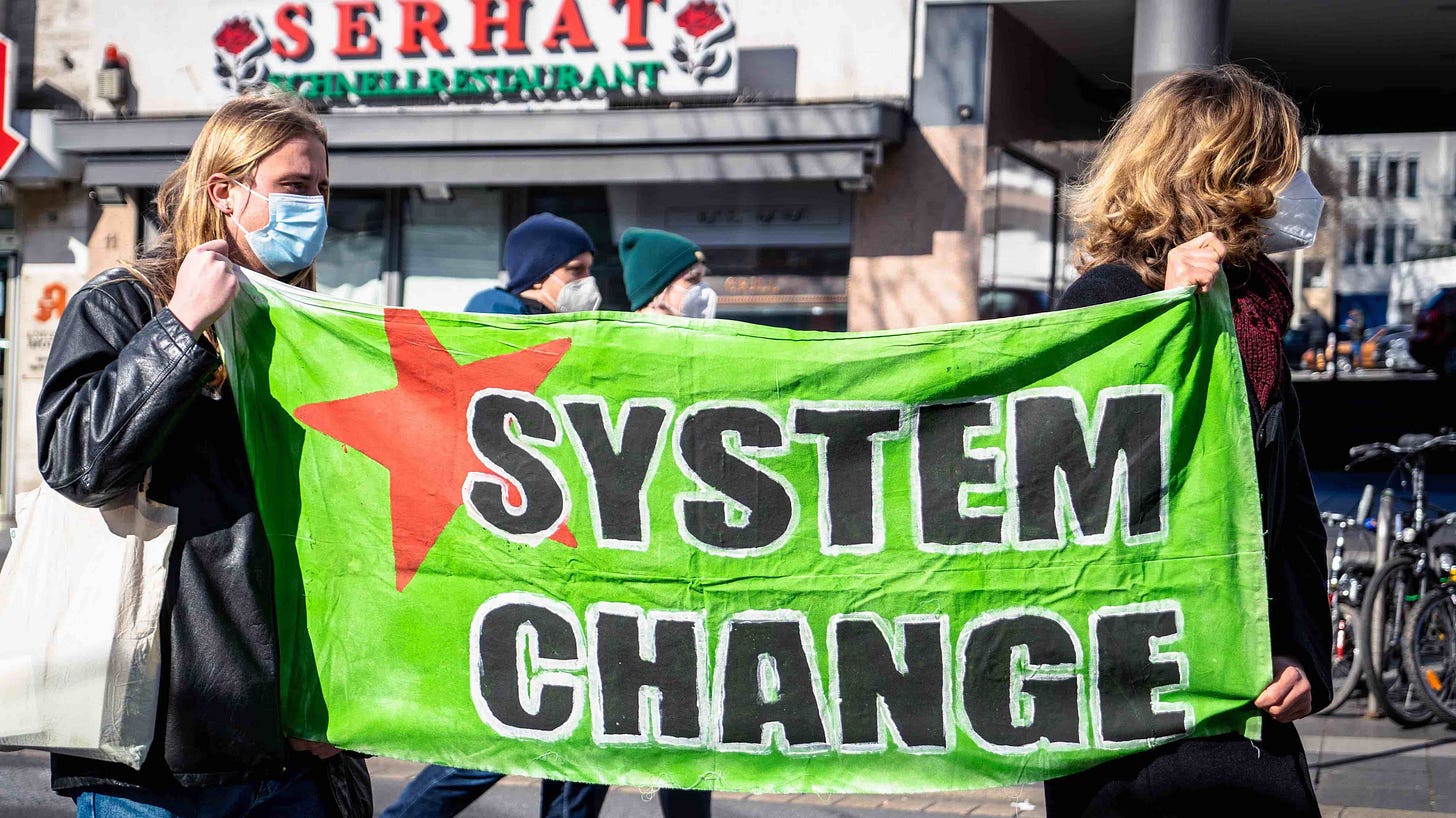Most business cases for a stakeholder economy miss that systemic change is needed, and so fail
At Cascade Engineering, Founder and Chair Fred Keller has helped develop company and community programs that support employees and encourage inclusion. He’s also become an advocate for business as a crucial creator of positive social and environmental impact and a changemaker in his community and industry.
But making the business case for support programs like Cascade Engineering’s Welfare to Career program — designed to boost employee retention and empower workers and enhance their well-being — can be a tough sell with some of his peers. “The challenge as a business is that people want to consider the problem and then they want it to go away. They think if I get the right numbers or if I add a department of diversity, I can just push it to the side. I was convinced that was not an appropriate approach,” he says. “We really wanted to do something different. We adopted the phrase that we want to be a place where everyone knows that they are valued as a human being and for the work that they do. That’s a pretty high bar. This really kind of supercharged our thinking.”
That supercharged thinking includes establishing on-site support and connections to workers who had been receiving welfare services. The company has seen its monthly employee retention rate climb to more than 90% — a valuable return on investment that also creates a collaborative workplace atmosphere.
“It’s good for your business, it's good for your employees, it’s good for the community, and you know what? It doesn’t cost a lot. It costs a little bit, but there is a return on investment,” he says. “You’re going to get this money back, and you’re going to feel better about it. That’s what I think is missing in the current narrative.”
Keller says many business leaders also are missing out on the opportunity to make a difference in their community — rather than thinking on national or global terms — and help take care of their neighbors. “Business leaders like to solve problems, but when it comes to social issues, they want to believe that they are somebody else’s problem,” he says. “Really, we have to take it on as ours and acknowledge that we have a systemic social problem to address. Governments can assist, but business has to take the leap.”
And while Cascade Engineering has seen bottom-line benefits from these programs, Keller says business leaders often are most swayed by hearing stories of how they make a real difference in employees’ lives. “I have found over the years that when you're talking to reluctant folks, the standard thinking is — especially in the nonprofit world when they’re trying to sell their programs — they talk about return on investment. They think that will get the attention of the business folks. What I’ve found is that the best place is to start with the heart. Everybody's got a heart somewhere,” he says.
It goes back to valuing all workers as individuals and tapping into the human desire to help others, Keller says. “You probably know Yuval Harari. He shows the science now has uncovered that we have this kind of common gene that makes us want to care for each other,” he says. “But we learned in business school that the role of business is to maximize profit for the shareholder — we still have Milton Friedman’s words in echo chambers through our hallways, encouraging business people to maximize profits and forget the externalities.”
Like Keller, Rick Alexander of The Shareholder Commons is calling on business leaders to take more responsibility for the impact of their actions on people and the planet. Alexander says companies and consumers are beginning to think differently about the purpose of business, but many aren’t acting with enough urgency or commitment. To truly be sustainable, he says, they must broaden their thinking beyond the “win-win” logic.
“Everybody always defaults to the ‘doing well by doing good’ language,” because that’s what feels good, Alexander says. “People are in denial that there are conflicts between caring for society and the environment on one hand and optimizing long-term shareholder value on the other.”
In the investment world, these commonly fall into the ESG (environmental, social, and governance) bucket. But Alexander says his organization has more concrete — and expansive — goals in mind for ensuring the economy protects the Earth and provides for all people.
“Part of what we want investors to do is be more aggressive with companies. The fact of economic reality is that you can externalize costs, and that’s a free lunch for companies,” he says. “Even the pure ESG integration companies have been stubborn. It’s not good for a company to be viewed as behind on climate justice, and it does cost the company.”
The renewed racial justice movement has more people seeking changes to long-standing processes and practices, he says.
“Those racial equity proposals talked about the systemic issues, and you could definitely read those as arguing that companies cannot continue to operate on the back of racial disparity and injustice even if it’s profitable,” Alexander says. “It’s just not good for the economy. Common sense would tell you that you’re leaving tons of money on the table when you’ve sort of resigned a whole class of citizens to fewer opportunities.”




